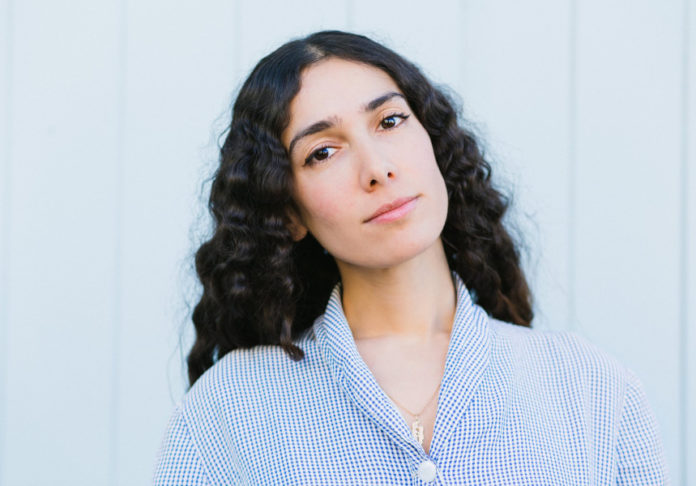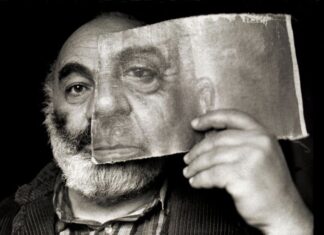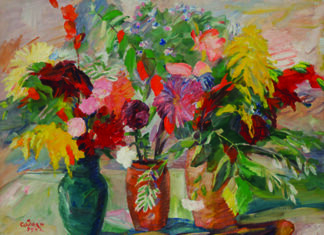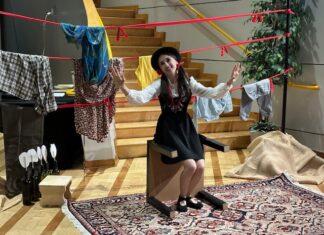By Daniela Frangos
LOS ANGELES (Broadsheet) — “I don’t need your company to feel saved,” sings Azniv Korkejian on Solitary Daughter.
The sweeping and self-possessed soliloquy off her self-titled debut album is a declaration of defiance against the recurring “male savior” trope. It sure is timely as a growing number of women stand up to reclaim their spaces and their voices.
“It’s definitely inspired by a person I was romantically involved with,” says the singer and guitarist, better known as Bedouine. “It was a very confusing involvement and something snapped in me where the illusion shattered. I realized: ‘Oh, I don’t need this. I don’t need any bit of it’. And it felt like I was shedding skin when I was writing that. So, the song just kind of poured out of me.”
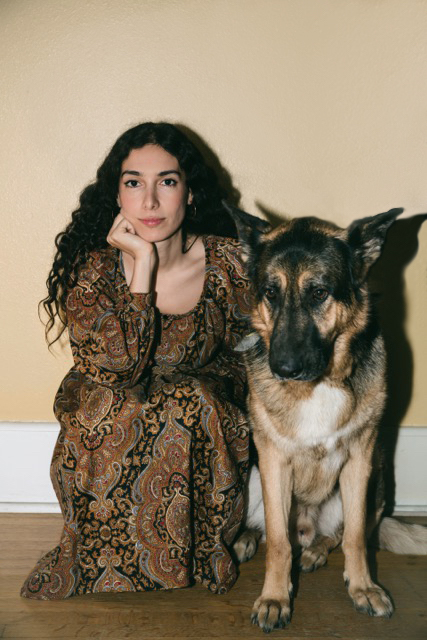
The show-stopping track, which was cut on Korkejian’s first take, is just the singer and her pawnshop-bought Silvertone acoustic guitar, save for a smattering of orchestral flourishes. Its quiet intimacy and self-assurance harks back to the vintage folk of Nick Drake, Joan Baez and Joni Mitchell.



